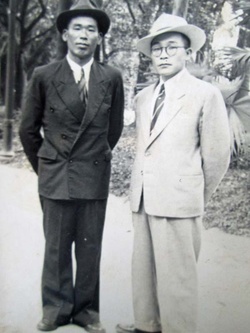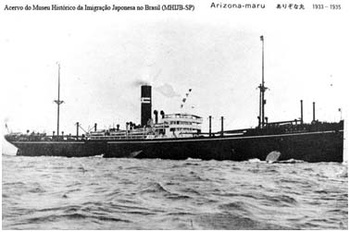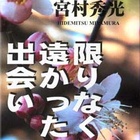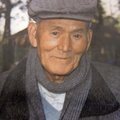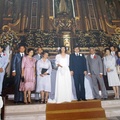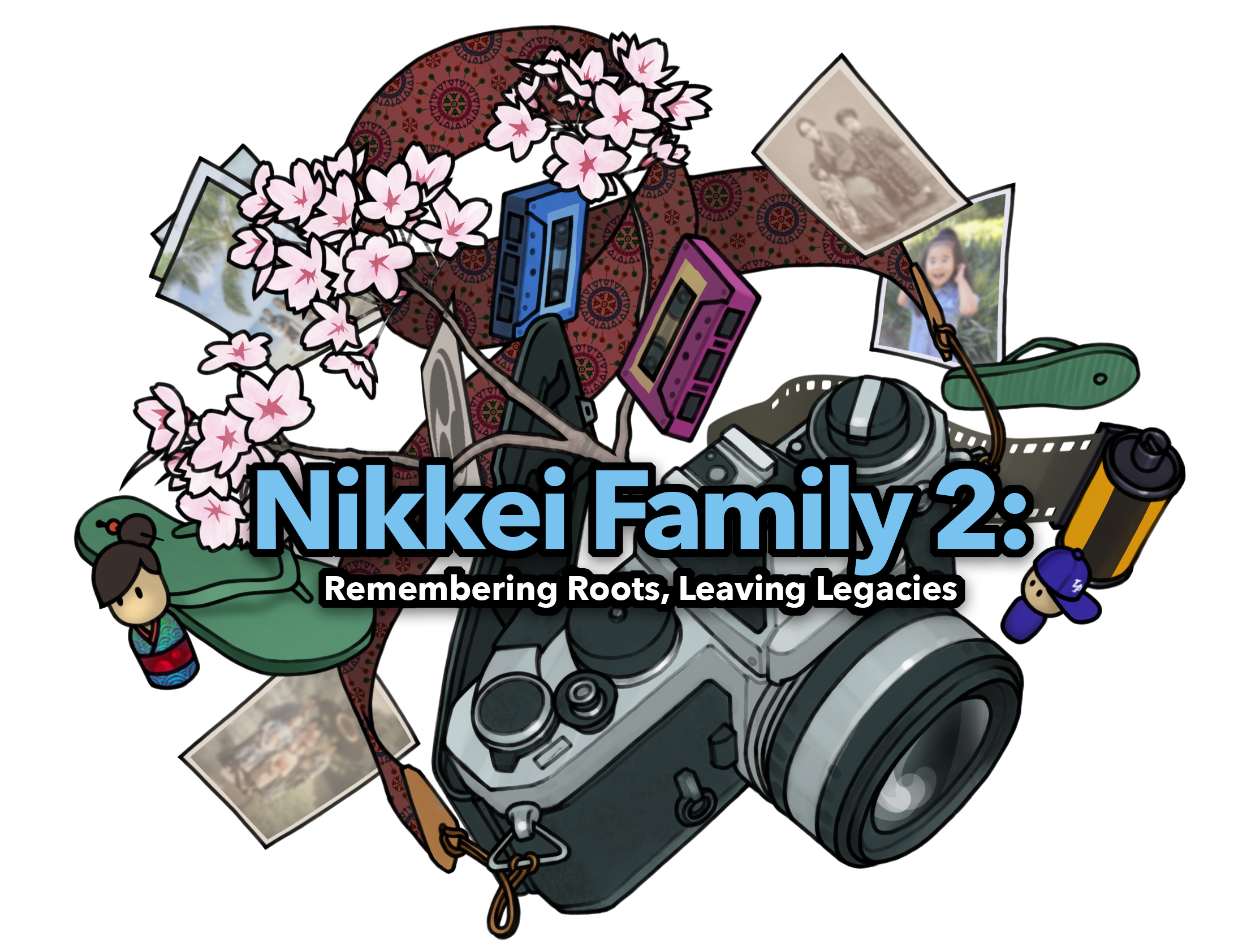My father, who passed away at the age of 81, came to Brazil alone as an immigrant at the age of 19 on the Arizona Maru, which departed from Kobe Port in February 1933. While leafing through my father's old diary, my eye fell on a page titled "Memories from the Ship" dated November 23, 1940. This diary entry was therefore written seven years after my father arrived in Brazil. The following is an excerpt from the diary.
One day, the man who worked on the Amazonas came to see me for a dental appointment. Naturally, I asked him about the whereabouts of the people I had met on the Arizona Maru who had gone to that area. What he told me left me dumbfounded, dazed, and surprised.
Mr. Yokoyama. According to him, his wife was attacked by the intense malaria of the Amazon and passed away three months after coming from Japan to the area. She was such a kind woman. Every word she said on the ship comes back to me as a fond memory. I can only pray for the soul of the deceased to rest in peace.
After his wife's death, Yokoyama-san drank more than a liter of strong pinga every day, perhaps to ease his pain and mental distress. And after six months of working in Amazonas, his boyfriend passed away.
How the poor Shizuka, Ryu, and Take were left behind in grief. Shizuka was 14, Ryu 13, and Take 12 at the time.
I wondered what had become of those three poor souls. I wondered if they too had been stricken by the famous Amazon malaria and suffered a tragic life. I always thought of those days gone by, and would often talk about them whenever I met the other crew members on that voyage.
Shizu-chan's mother was an intelligent, kind woman who was quick to cry. On the ship, she often talked of her plans after going to Brazil and expressed her anxiety. "If you are ever destined to meet me, please take my daughter, Shizue. How wonderful it would be to become your daughter and work hard in Brazil," the couple would often say. What must Shizu-chan have felt as a child? She simply flitted around happily. She was a lovely girl.
While waiting at the camp in Kobe and on the ship, we often played ping pong and ball throwing. When we disembarked in Durban, we had fun playing baseball. During the voyage, I often played cards with Yokoyama-san, Nishizaki-san, and Nakano-kun.
At the port of Rio, the people bound for Amazonas had to change ships. The farewells in Rio were difficult. I can still remember Nakanome-kun clasping my hand with deep emotion. However, his back looked somehow lonely. Yokoyama-san and Nishizaki-san were also sad to say goodbye.
Shizuka's mother brought Shizuka, Ryu, and Take to the hospital, and cried as she said goodbye. I felt a warm feeling rise up in my chest and I felt sad. "My dear angels, please live in good health," I said to myself.
Shizuka-chan looked at me for a long time with a sad and lonely look in her eyes and tears welling up in them. And then, without saying a word, the girl left me. Ryu-kun and Take-kun were dressed in manly outfits such as sailor suits and hawking hats, and left cheerfully saying "Goodbye, Miyamura-san."
Ah, those I remember fondly... my heart is filled with sympathy for the Yokoyama family.
I have asked the consulates in Belem and Sao Paulo many times, but no one has told me anything. However, I have been told that after the death of Mr. and Mrs. Yokoyama, their children were given to other people. The boys I remember are now 20, 18, and 16 years old. I wonder where they are and what they are doing. I want to meet them. They must be going through a lot of hardships. I think about them from my heart, and the memories are tormenting me.
My father was 26 years old when he wrote this diary entry. He must have been alone, single, and lonely when he wrote this entry. Perhaps he sympathized with his misfortune from the bottom of his heart and wondered if there was no God in this world. Reading this diary, I couldn't help but feel that way.
If I could get in contact with the descendants of the people who appear in this diary, I would love to meet them and share memories of their deceased family members.
*This article is an updated version of a column originally published in the São Paulo Newspaper's "Readers' Room" on March 30, 2004.
© 2005 Hidemitsu MIyamura


